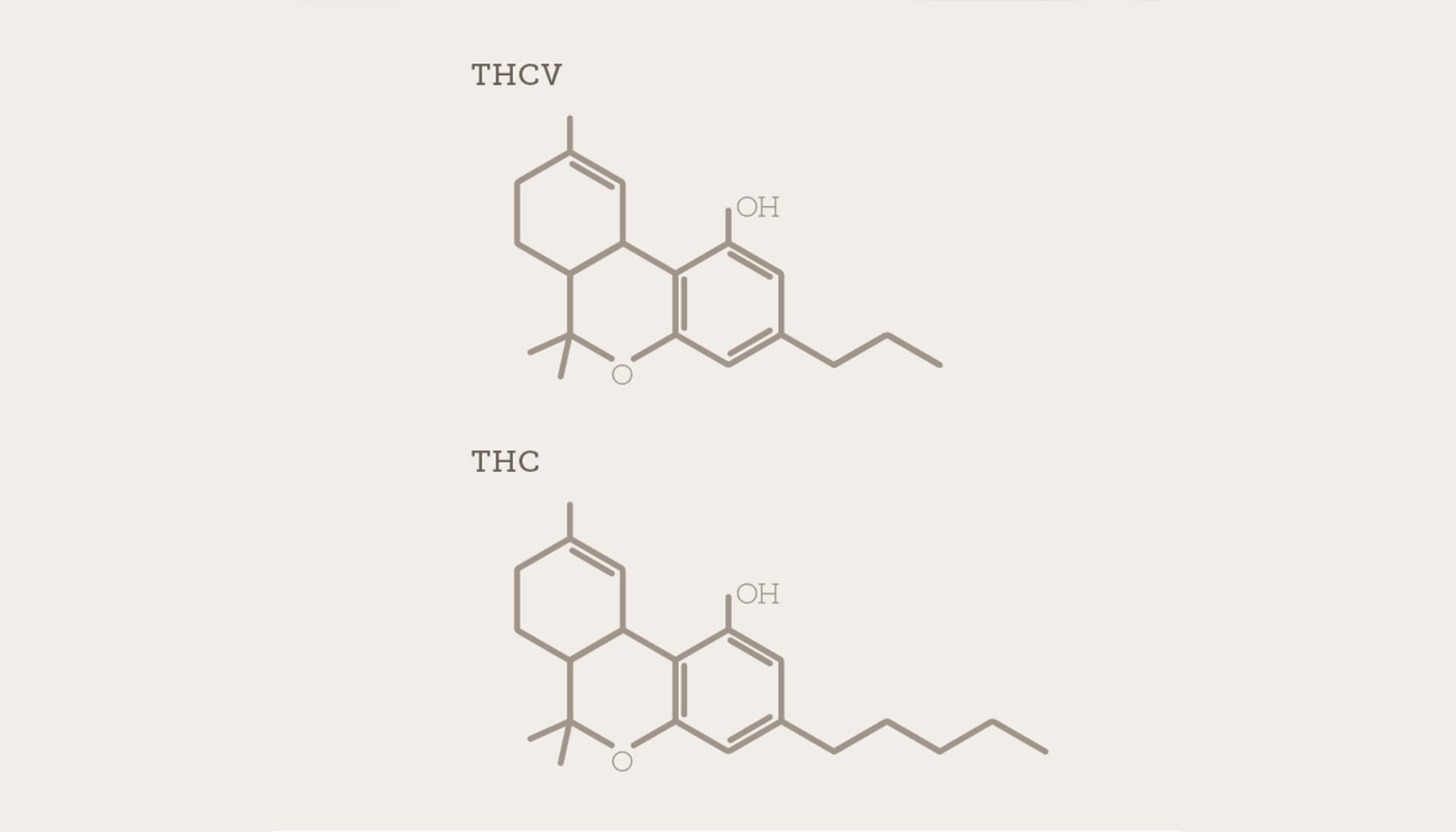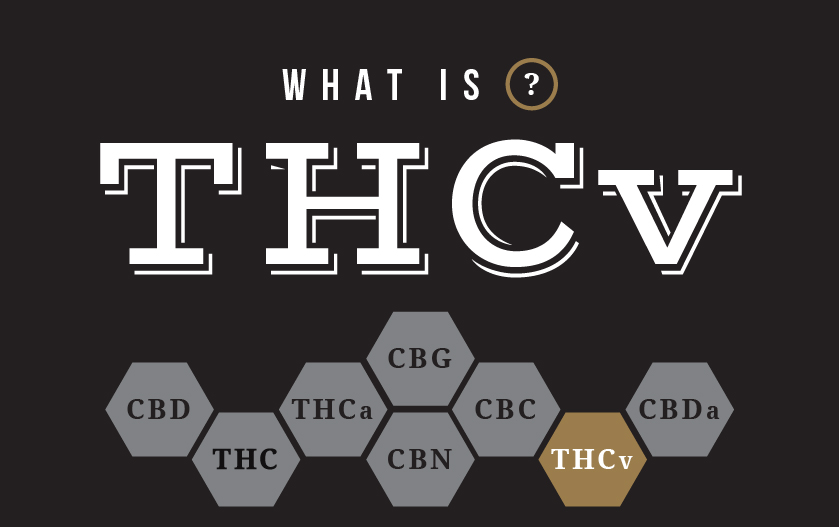Tetrahydrocannabivarin (THCV) is a cannabinoid compound discovered in marijuana and hemp plants. It's chemically comparable to tetrahydrocannabinol (THC) however with some key distinctions. Here's everything you need to understand about THCV consisting of the risks, benefits, differences, and resemblances with other types of THC and more. What Is THCV? THCV is a less common cannabinoid discovered in some strains of marijuana, particularly African sativa.
 THCV: Everything You Need to Know CannaMD
THCV: Everything You Need to Know CannaMD
 What Is THCV (Tetrahydrocannabivarin)? - CNBS
What Is THCV (Tetrahydrocannabivarin)? - CNBS
 THCV Strains: 11 Interesting Health Benefits You Should Know
THCV Strains: 11 Interesting Health Benefits You Should Know
THCV has a 3-carbon side chain rather than THC's 5-carbon side chain. This difference is subtle, however it has an obvious effect on the result profile. THCV is rather psychoactive but only about and about. What Does THCV Feel Like? THCV has a strong energy-boosting element to it, which makes it particularly popular among students and professional athletes.
In the United States, THCV regulation is nuanced. THCV is not a Schedule I Drug, but cannabis extracts are making it rather uncertain what the federal position is on THCV. The 2018 Farm Bill mentions that hemp plants and all derivatives of the plants are legal on a federal level, numerous companies comply with this law and still provide THCV to consumers by only drawing out the substance from hemp plants.
If THCV is considered a THC analog, it might be managed in the future by the same rules as THC under the Federal Analog Act. This act states that any what is thcv isolate substance that shares a similar molecular profile as a recognized restricted substance it's included in the very same drug Schedule category.
What Are the Impacts of THCV? Advocates of THCV report that it produces an extreme burst of energy and makes them feel euphoric without the mental Have a peek here cloudiness triggered by THC. http://andersonhxfh049.raidersfanteamshop.com/d9-tetrahydrocannabivarin-thcv-a-commentary-on The impacts are incredibly mild compared to THC. The effects are nearly solely cognitive Helpful resources yet somehow have very little impact on headspace.
2. THCV & Hunger Some THCV users claim that it curbs their hunger. This is a common effect of other focus-enhancing substances. It's as though THCV removes the diversion of other physical processes (like cravings) in order to maintain resources and attention to cognitive tasks rather. How Does THCV Work? Cannabinoids produce biological impacts in the human body by connecting with endocannabinoid receptors.
CB1 receptors lie in the nervous system and communicate with neurotransmitters in the brain to produce mind-altering results. Interaction with CB1 sites is what provides some cannabinoids like THC their psychoactivity. THCV is a bit tricky to comprehend since it's mainly a CB1 villain, implying it has the opposite result as THC.
While researchers are still seeking to comprehend this procedure, it appears THCV has the ability to obstruct the impacts of CB1 in low dosages and stimulate them in high dosages. CB2 receptors are found primarily in the immune system. THCV is a partial agonist of CB2, however the results of this partial activity aren't widely known, and it apparently has no noticeable influence on THCV users' experience.
As mentioned in the previous section, THCV is a CB1 antagonist in low dosages which is the precise opposite effect of delta 8 and delta 9 THC. This could suggest that THCV combats a few of the psychedelic effects of THC. This effect could discuss why individuals who use THCV feel so clear-headed specifically compared to the notorious "fogginess" induced by delta 9 THC.